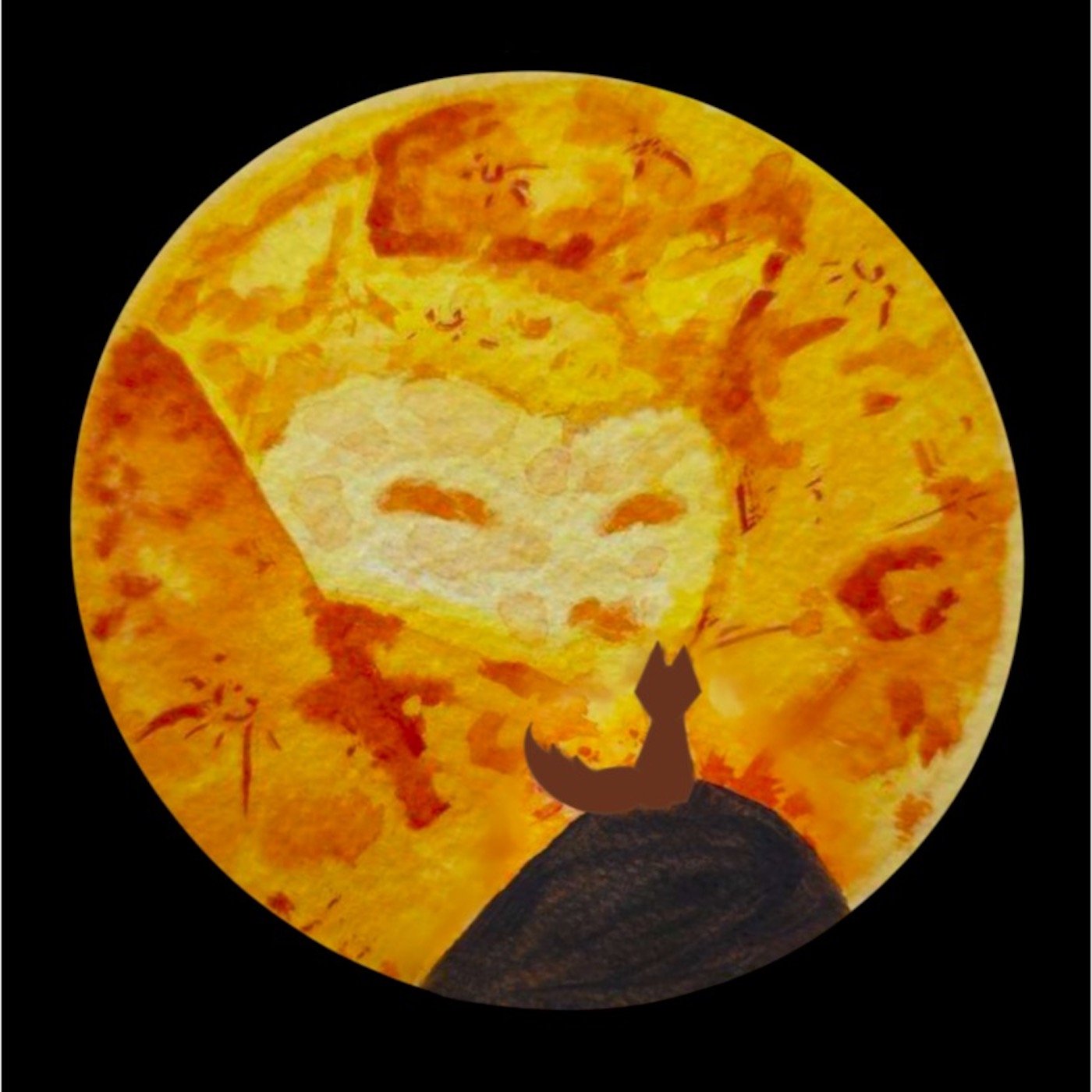maybe not sorry
It’s threading into my consciousness that the most common way to say “I’m sorry” in Spanish translates linguistically as “I feel it”.
Lo siento.
I can’t help but weigh that kind of empathic emotionality against my grandpaternal language of Italian, where mi dispiace has a connotation of displeasure… a deeply embedded spin, editorializing the apology straight in the direction of antipathy (towards oneself).
From there I lean into my maternal DNA. Having known Grandma Schelert well, I’m unsurprised to learn of the sorrow/pity being “done to me” by the German es tut mir Leid… not to mention “getting rid of the guilt” carried within Entschuldigung.
I know enough Germanic and Latin-based etymology to parse a few more sorries here:
the Dutch go for a regretful tone (het spijt me)
the Portuguese ask to be excused for their faults (desculpe)
the French imply that they’re distressed, even disconsolate (je suis désolé)
In my current primary language and culture, sorry is sorrily diffused. Although words like “regret” and “pardon” and “forgive” are well-known, in American English “sorry” is ubiquitously used for everything from “Oops, I bumped your leg” to “I said I’d never leave you and then, well, I did.” (Oops.)
The common apology is just the beginning in any language— no matter the tongue, there are countless angles to take anytime we acknowledge a mistake, a communication gap, a harm done.
If I’m Listening, which is the way I like it these days, lo siento decides it’s just the beginning. Only after feeling it do I have a chance of learning, through empathy, my impact on you…
… whether the thing I’m sorry for was a tiny transient poke or more like I ripped your heart out.
… whether past trauma plays into how my actions landed on (in) you.
… whether direct restitution could help with the healing.
… whether this reckoning might be a two-way street.
… whether the intimacy of our relationship might need to change in some way.
All this to say, starting now, if I convey lo siento in any language— lo sento, ich fühle es, je le sens— you’ll know I’m really feelin’ it.
(“feeling” in ASL… very close physical proximity to sorry)
